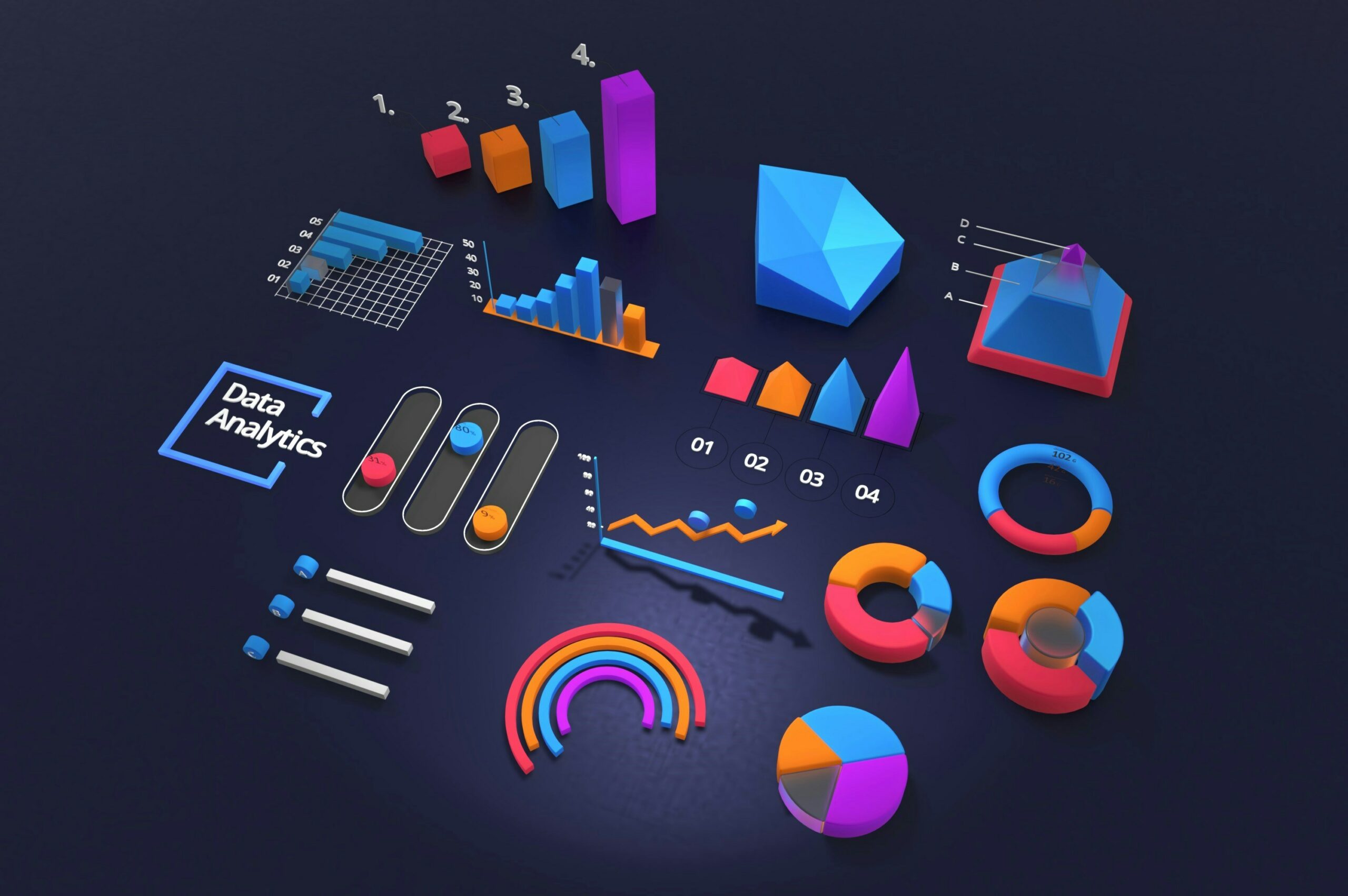
Has the Market Research Industry Forgotten What It’s For?
Market research was originally born out of the hard-nosed discipline of business realism. The bridge between boardroom goals and consumer truths. But somewhere along the way, the market research sector lost sight of an essential purpose: helping companies sell more goods and services.










